At 59, in great health and working full-time as a copy editor for AARP, I was planning a trip to London to celebrate my 60th birthday, when everything changed. I experienced a series of seemingly unrelated heath complications that took me from able-bodied to wheelchair-bound in five months.
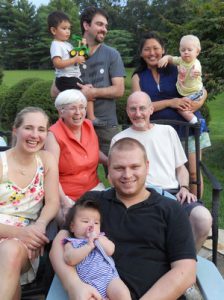 That five month journey, perplexing, arduous and frustrating, led me to what I call ‘my new normal’ and a journey of hope and resilience.
That five month journey, perplexing, arduous and frustrating, led me to what I call ‘my new normal’ and a journey of hope and resilience.
At 60, I’m now retired on disability, with a brain injury that has limited my life, but not ended it. That fact alone is my biggest blessing because there is no proven treatment for the two rare conditions I have. I also had the immense good fortune to have the full medical coverage for my challenging diagnosis and treatment plan, along with support of my partner James and my family. It has taken more than two years, but I can now say that “life is good.” I may no longer work, but my life is happy and fulfilling in a different way.
As a writer, I find that keeping a daily gratitude journal is an important mindfulness exercise and one that allows me to document how far I have come. Before my illness, which I’ve dubbed BI (before illness); I never appreciated all the things my brain did for me 24/7. Now I do. Simple daily tasks that I used to execute unconsciously: buttoning my shirt quickly or throwing something into the trash the first time give me reason to pause and give thanks.
Washington Metro Oasis serendipitously entered my life to give me back the thing I liked most about working: a reason to get out of the house and continue learning in a group of my peers as I got used to my post-diagnosis life. My immune system is severely compromised, so I have to be very careful, especially around children, during the winter months. Since Oasis serves older adults, I feel less vulnerable there.
I use a wide variety of technology solutions or ‘assistive technology’ to complete my daily tasks. I am no longer able to touch type but a variety of technology solutions have given ways to keep my writing life alive. Dragon Naturally Speaking and the Windows speech recognition allow me to ‘talk’ my words rather than type them as my brain re-learns to communicate with my arm and my fine motor skills come back. This learning curve hasn’t always been pleasant, but without these speech recognition and transcription services I wouldn’t be writing much at all.
My Nokia Lumia 1520 has become my personal assistant. It accompanies me everywhere and helps me to keep organized and reminds me of appointments and chores. The phone has been a pivotal tool for me to remember everything at times when my brain is just not able to do so.
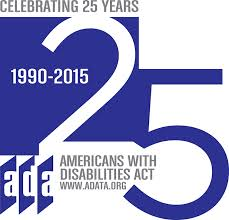 I will celebrate the 25th anniversary of the Americans with Disabilities Act on July 26 because it was the source for numerous accommodations and services that have enabled me to create my new normal. Things I took for granted like grab bars in public bathrooms, elevators and ramps instead of or alongside steps and parking spaces located close to my destinations. My new normal would be a much more limited existence without these essential tools.
I will celebrate the 25th anniversary of the Americans with Disabilities Act on July 26 because it was the source for numerous accommodations and services that have enabled me to create my new normal. Things I took for granted like grab bars in public bathrooms, elevators and ramps instead of or alongside steps and parking spaces located close to my destinations. My new normal would be a much more limited existence without these essential tools.
There isn’t enough room in this blog post to list all the people and things that have helped me to navigate all the new challenges that have come about in these last two years. I hope that this blog post will help others to find their new normal and embrace it. To learn more about my journey to diagnosis click here.
Suzanne retired on disability from her copy editing job at AARP in 2014, but hopes to launch a blog in support of brain injury survivors and their caregivers in the future. You can follow her on Twitter at st_ournewnormal.

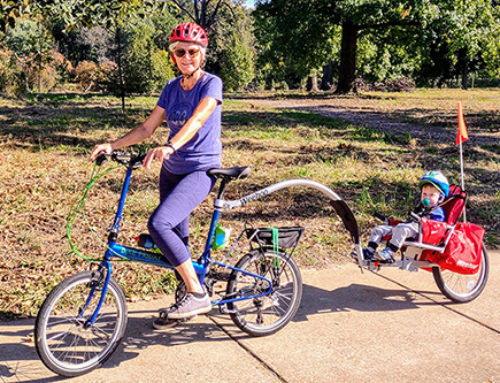
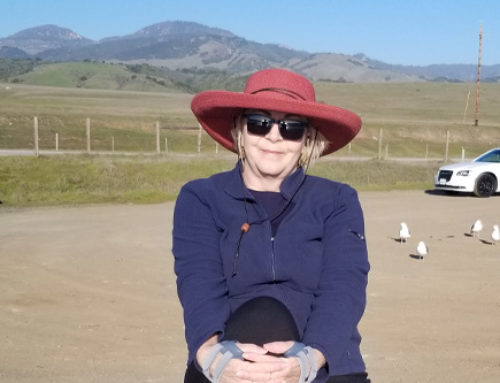
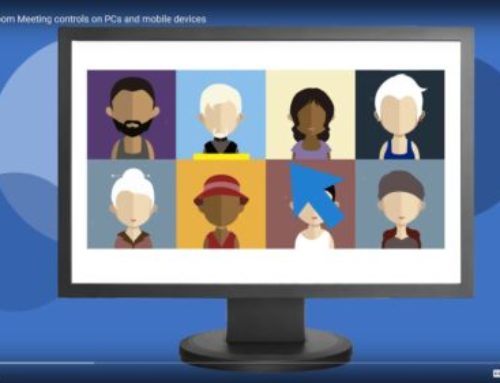
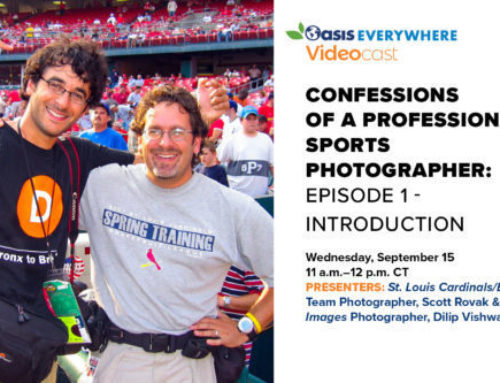
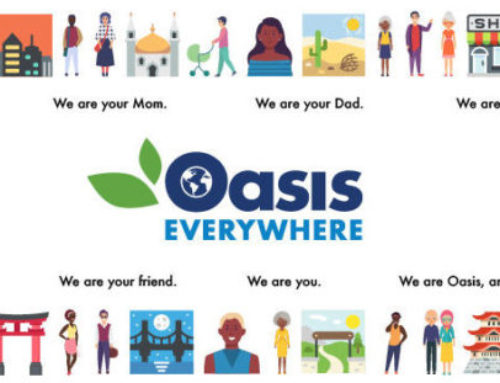
Leave A Comment
You must be logged in to post a comment.